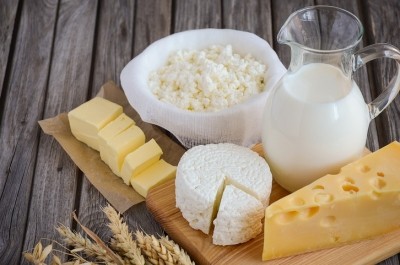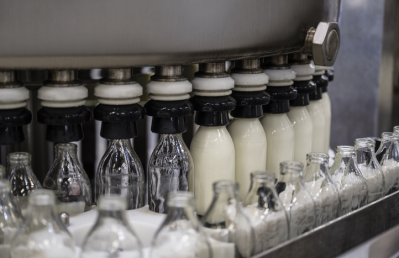Science Shorts: Australia's sodium overload, plant-based technical challenges, importance of scientific proof in healthy ageing and more feature in our round-up

Sodium overload: One-third of Australian toddlers consuming too much salt – national study
One-third of toddlers in Australia are consuming excess sodium in their daily diets, with experts stating the situation is so bad that simply reducing snack or discretionary foods intakes is insufficient.
New research from the national Australian Feeding Infants and Toddlers Study has revealed that many Australian children between the ages of one and two are currently overconsuming sodium as part of their daily diets.
This is a major area of concern as experts believe this is a precursor for chronic diseases such as high blood pressure in their later years.
More disturbingly, although high sodium consumption is commonly linked with foods known to be high in salt content such as unhealthy savoury snacks, simply removing these products from children’s diets appears unlikely to make the significant difference required.
Converting consumer demands into technical concepts key challenge for APAC’s plant-based sector
The ability to accurately convert consumer demands and preferences into real, technical product concepts remains a key challenge for the plant-based sector in the APAC region, according to industry experts at Roquette.
Although the plant-based sector is increasingly coming into its own in the Asia Pacific region, especially in the plant-based meat area, its fast growth does not yet mean that all kinks in the production and innovation process have been ironed out.
One of the key ones that still needs to be overcome with a high level of accuracy is to convert what consumers want into real product concepts – and the qualitative nature of this challenge only adds to its difficulty.
Proof and pride: Science-backed ingredients and sensitive marketing key for healthy ageing success in Asia
The scientific validation of ingredients and sensitive marketing strategies are key for brands to drive repeat purchases in Asia’s thriving healthy ageing category, according to an expert panel at our Growth Asia Summit 2022.
Guests included Welsh government Deputy Director of Food Division Keith Smyton, Cardiff Metropolitan University ZERO2FIVE Food Industry Centre Director Professor David Lloyd, Junlebao Nutrition Research Institute Director Celia Yibing Ning, Malaysian Dietary Supplements Association (MADSA) Secretary Ee Fern Wong and Vitality Foods Co-Founder Raavee Shanker.
Novel protein production: APAC consumer acceptance soars but scalability still hinders affordability
Novel protein production technologies such as cultivated meat and precision fermentation are seeing consumer acceptance soar in APAC, but are still some way off achieving price parity for the everyday consumer due to challenges with regulations and scale.
In this edition of the FNA Deep Dive, we take a closer look at the up-and-coming industry of novel protein production technologies to make products such as cultivated meat and animal-free dairy, which has drawn significant interest from consumers, regulators and the traditional food and beverage industry alike.
Blend of three probiotics shown to reduce stress-induced diarrhoea – Kaneka study
A blend of three probiotic strains has been shown to reduce stress-induced abdominal symptoms, such as diarrhoea, following four weeks of supplementation.
This is according to a RCT conducted by researchers from Japan-based Kaneka Corporation between October 2020 and March last year.















